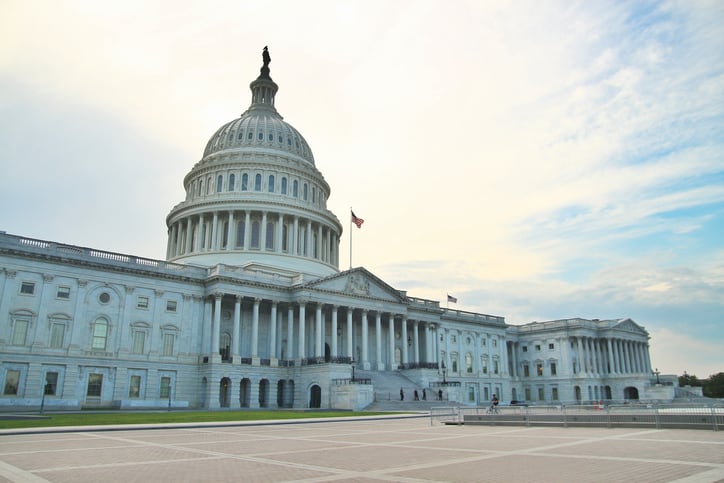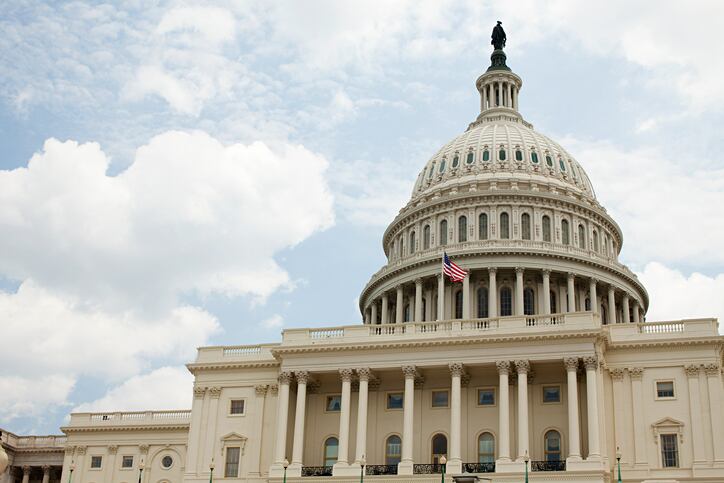A mandatory product listing requirement and certain other provisions specific to dietary supplements had been attached as a rider to a bill reauthorizing FDA user fees. At the time the additional provisions were attached to the bill (sections addressing the cosmetics industry were also involved), the bill’s sponsors, Sen. Patty Murray, D-WA, and Sen. Richard Burr, R-NC, the additional riders were meant to “provide long overdue oversight of cosmetics and dietary supplements.” Sen. Burr subsequently withdrew his support of those riders.
When it was a standalone measure, the bill was known as the FDA Safety and Landmark Advancements (FDASLA) Act. When it was folded into the stopgap funding measure now before Congress, it became known as the FDA User Fee Reauthorization Act.
Riders fall away to create streamlined bill
All mentions to dietary supplements (as well as cosmetics) have been stripped out of this portion of the funding bill. Observers note this often the case with big omnibus funding bills of this sort that must be passed on very short timelines as it lessens the number of potential sticking points for passage.
The funding bill as it stands provides $12 billion in aid to Ukraine, including money to pay for weapons and munitions, funds to maintain governmental operations and humanitarian aid.
The bill faces a vote in the Senate today, where prospects for quick passage are uncertain. It includes controversial provisions that ease the permitting process for energy companies, something Sen. Joe Manchin, D-WV, whose family owns a coal company, required as part of his support. As the party holds a razor-thin margin in the Senate, Manchin, a centrist Democrat, has come to hold a key vote.
The permit reform issue has become a bone of contention, with some Republican Senators saying they wouldn’t support the bill if the reforms remain. But some Democratic Senators countered that the reforms could help speed the building of some infrastructure that could help combat climate change, such as transmission lines carrying power generated via renewable energy.
Battle won; war’s still on
As far as the supplement issues are concerned, Daniel Fabricant, PhD, president and CEO of the Natural Products Association, viewed it as win for the industry. While the mandatory product listing idea has generated some support within the industry, NPA has consistently voiced opposition.
“This is a win in this battle, but the war is still on,” Fabricant said. “Sen. Durbin is going to continue to push the narrative that this industry is dangerous and is not sufficiently regulated.”
The Council for Responsible Nutrition is one of the organizations that supports the MPL idea. Julia Gustafson, CRN’s vice president of governmental relations, said her organization was, “disappointed that, due to time constraints and the need to produce a ‘clean bill’ that can win congressional approval at this eleventh hour, leaders of both parties decided remove all of the ‘super riders’ that were included by the U.S. Senate to this ‘must-pass’ legislation.”
“CRN remains committed to the creation of a mandatory registry for dietary supplements, and the greater insight it will give to FDA as regulator and the transparency it will offer to all consumers. Already, conversations are occurring on Capitol Hill about other possible vehicles to enact MPL before the end of this Congress, and we look forward to continuing our seat at these negotiations,” Gustafson added.




